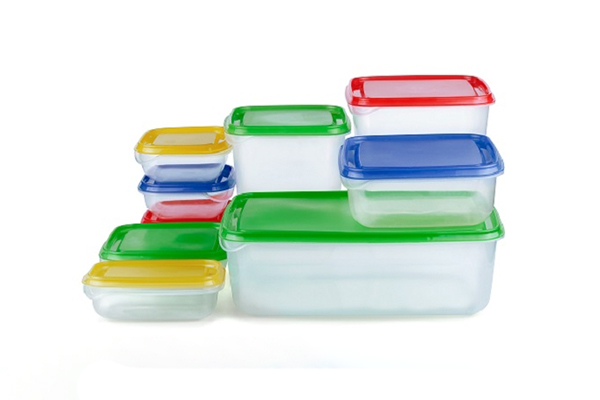Plastic containers are a staple in many households due to their convenience, affordability, and versatility. From food storage to organizing miscellaneous items, these containers serve multiple purposes. However, not everything is suitable for storage in plastic. Understanding what should not be stored in plastic containers is crucial to ensure safety, longevity, and environmental sustainability. Below are key items and reasons why they should be kept out of plastic containers.

1. Hot or Oily Foods
Plastic containers, particularly those not designed for high temperatures, can leach harmful chemicals into hot or oily foods. Substances like bisphenol A (BPA) or phthalates, often found in some plastics, may migrate into food when exposed to heat. These chemicals are linked to various health risks, including hormonal disruptions and other long-term effects.
What to do instead: Use glass or stainless steel containers for storing hot or greasy foods. They are heat-resistant and free from harmful chemicals.
2. Acidic Foods
Foods with high acidity, such as tomato-based sauces, citrus fruits, or vinegar-based dressings, can react with plastic over time. This interaction may degrade the container and lead to the leaching of chemicals into the food. Additionally, acidic foods can stain plastic containers, making them less appealing for reuse.
What to do instead: Store acidic foods in glass jars or ceramic containers to avoid chemical reactions and maintain freshness.
3. Alcohol or Solvents
Alcohol and certain solvents can dissolve or weaken plastic containers, especially those made from low-quality or single-use plastics. This not only damages the container but can also lead to contamination of the stored substance, rendering it unsafe for use.
What to do instead: Store alcohol and solvent-based products in their original containers or glass bottles designed for such substances.
4. Sharp or Heavy Items
Plastic containers, particularly lightweight ones, are not ideal for storing sharp or heavy items like tools, knives, or screws. These items can puncture or crack the container, compromising its integrity and potentially causing accidents.
What to do instead: Use metal boxes, reinforced plastic bins, or wooden crates to store sharp or heavy items safely.
5. Important Documents or Photos
While plastic containers may seem like a convenient storage option for documents and photos, they can trap moisture, leading to mold, mildew, and eventual damage. Over time, chemicals in certain plastics may also interact with paper or photo materials, causing discoloration.
What to do instead: Store important documents and photos in acid-free, archival-quality boxes or folders to preserve them properly.
6. Medications
Many medications require specific storage conditions, such as a stable temperature or light protection. Plastic containers not designed for pharmaceutical use can expose medications to air, moisture, or light, potentially degrading their effectiveness.
What to do instead: Keep medications in their original packaging or use pharmacy-approved storage solutions.
7. Flammable Materials
Flammable substances, including gasoline, kerosene, or certain cleaning agents, should never be stored in plastic containers unless explicitly designed for that purpose. Regular plastic containers can degrade over time, leading to leaks or increased fire hazards.
What to do instead: Store flammable materials in approved metal or specially designed plastic containers labeled for such use.
8. Electronics and Batteries
Storing electronics or batteries in plastic containers can create potential risks. Batteries, for example, can leak harmful chemicals that react with plastic. Electronics, on the other hand, may overheat in sealed plastic containers, leading to malfunctions or damage.
What to do instead: Use ventilated storage options or dedicated organizers made for electronics and batteries.
Environmental Considerations
Beyond health and safety concerns, it’s essential to consider the environmental impact of improper plastic use. Single-use plastics, in particular, contribute significantly to waste and pollution. Avoiding over-reliance on plastic containers can help reduce your ecological footprint.
Final Thoughts
Plastic containers are incredibly useful, but they are not a one-size-fits-all storage solution. Items like hot or acidic foods, flammable materials, and important documents require alternative storage options to ensure safety, quality, and longevity. By understanding the limitations of plastic containers and opting for appropriate materials like glass, metal, or archival-quality storage, you can make more informed and sustainable choices for your home and health.
Choose wisely, and remember: safe storage starts with the right container!
Post time: 11-21-2024



